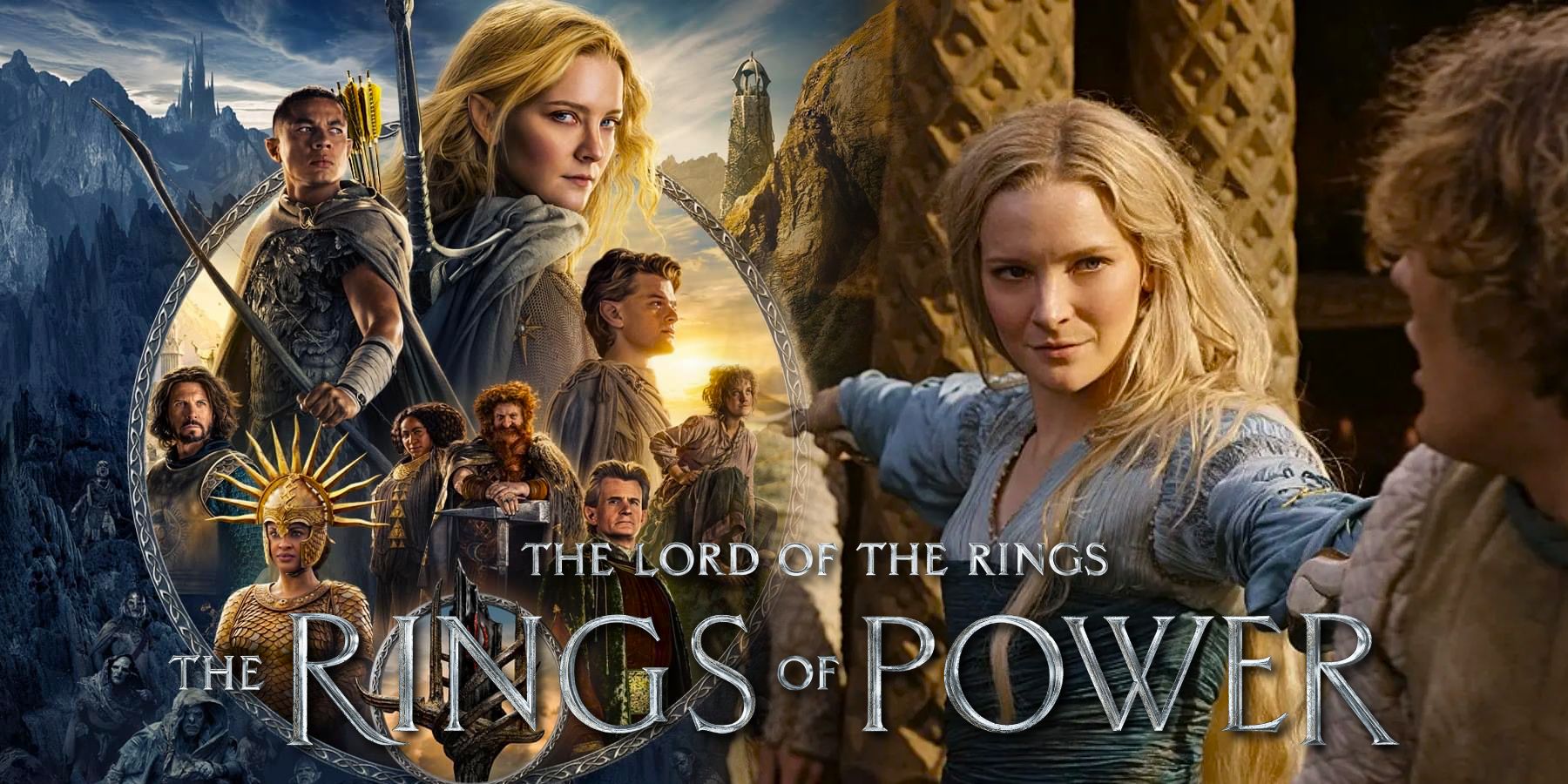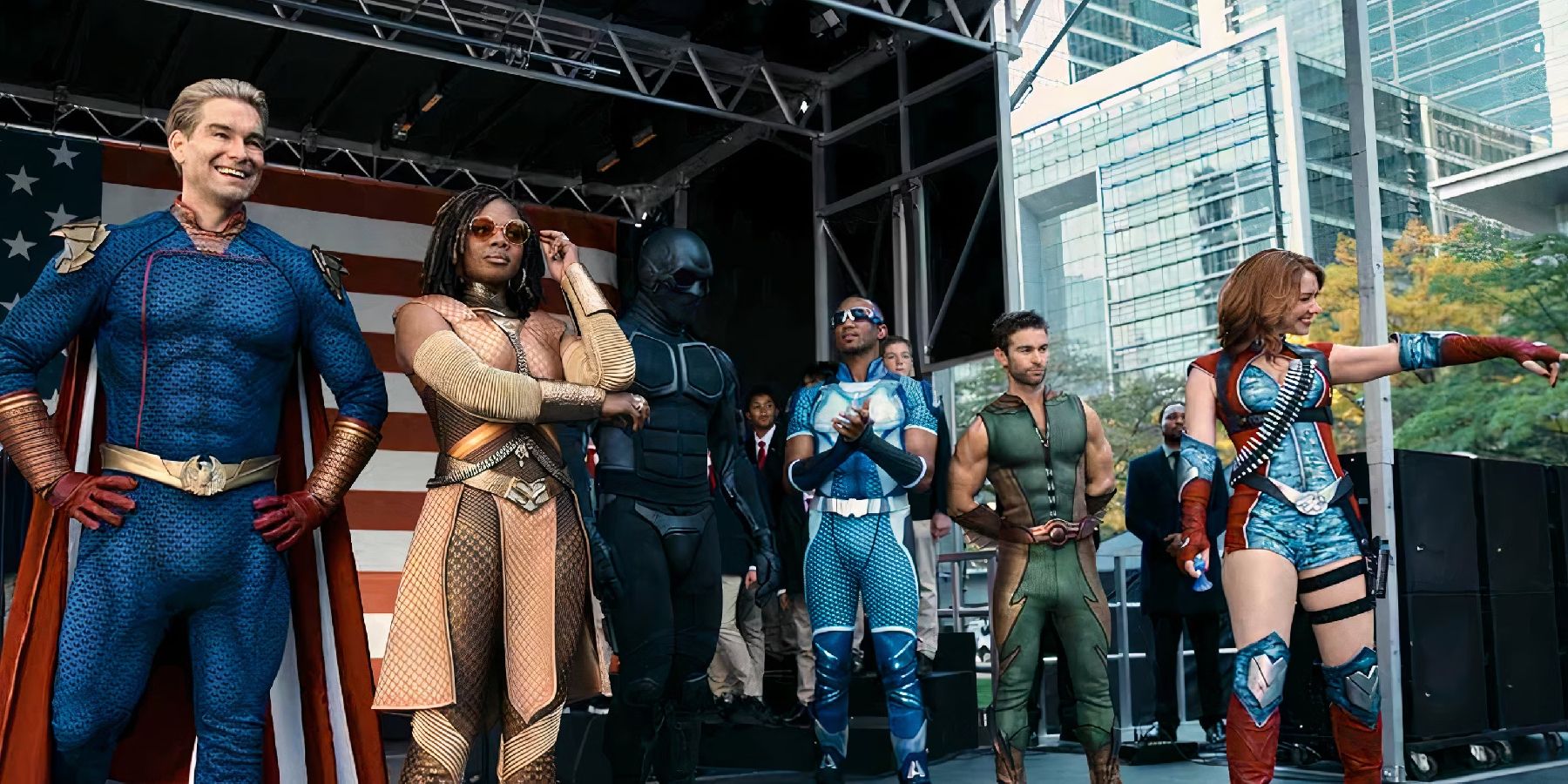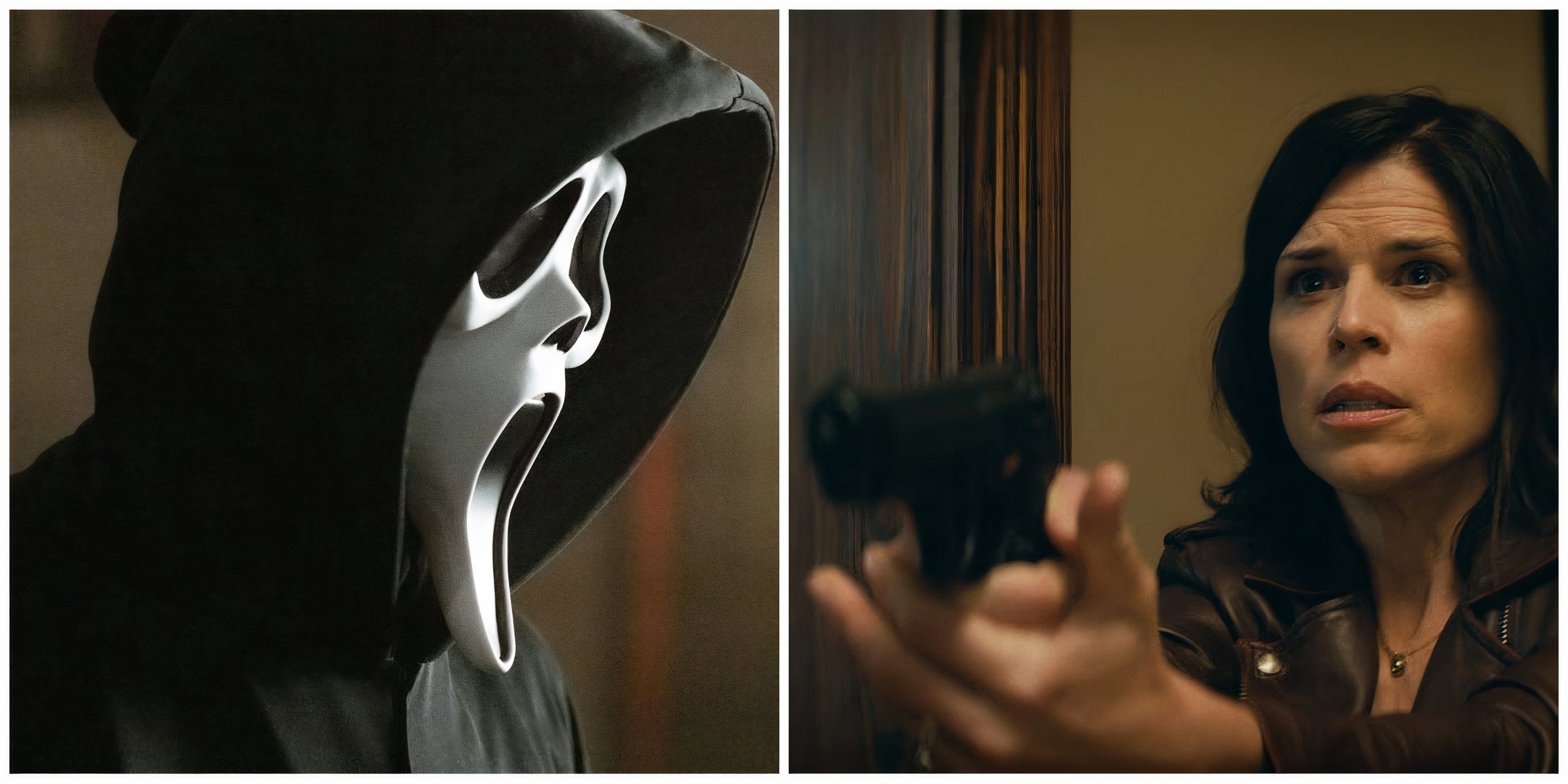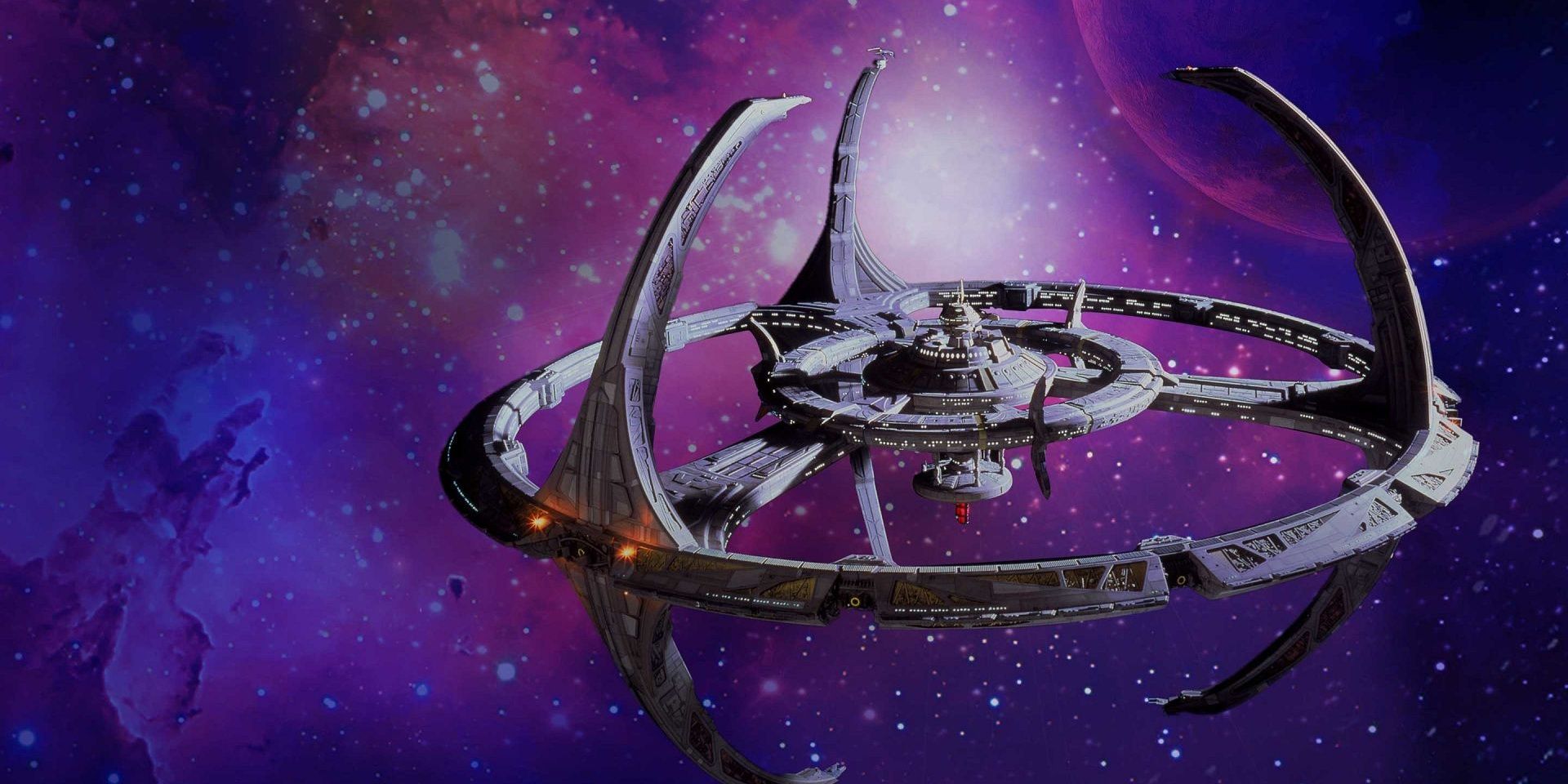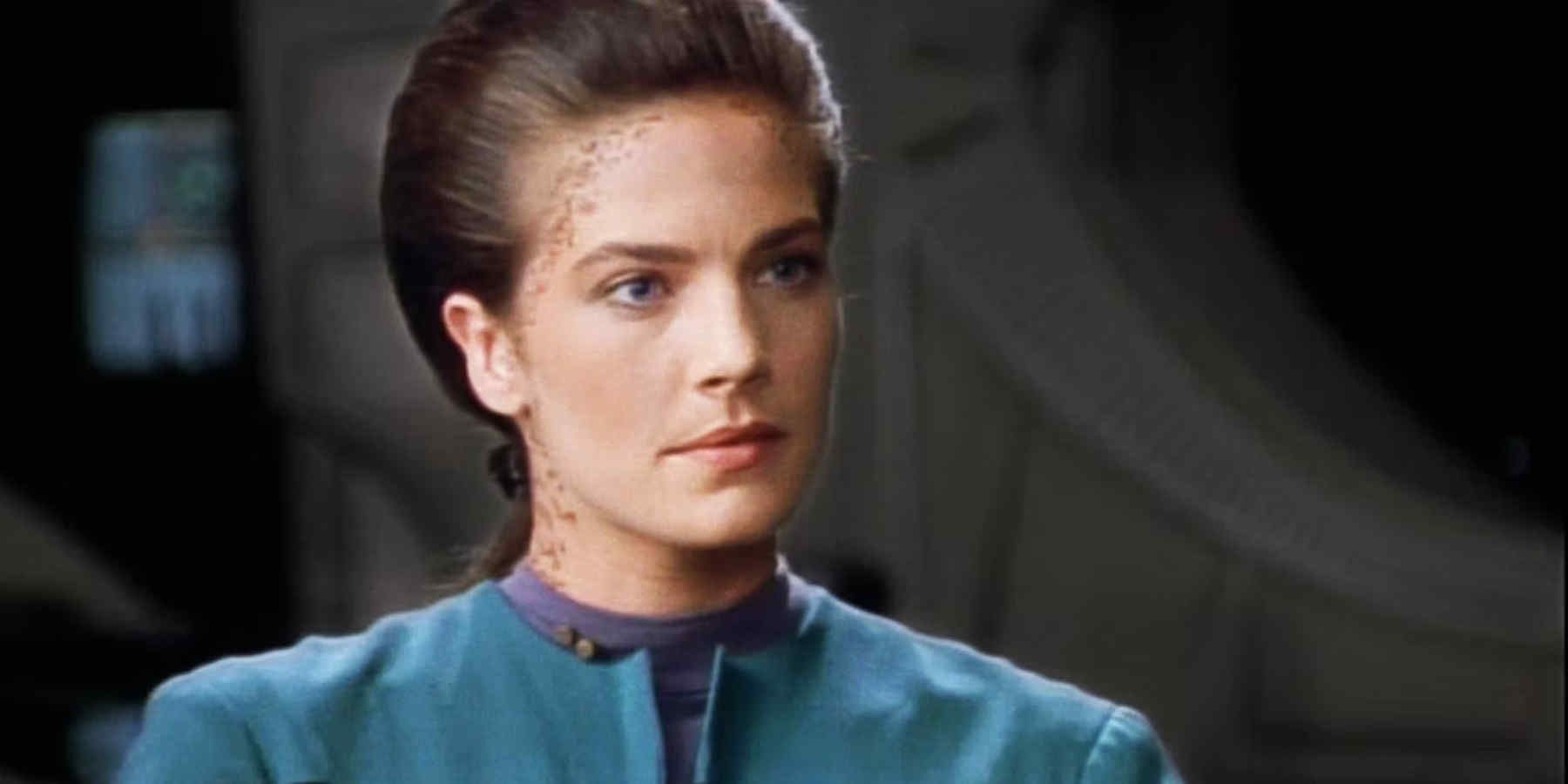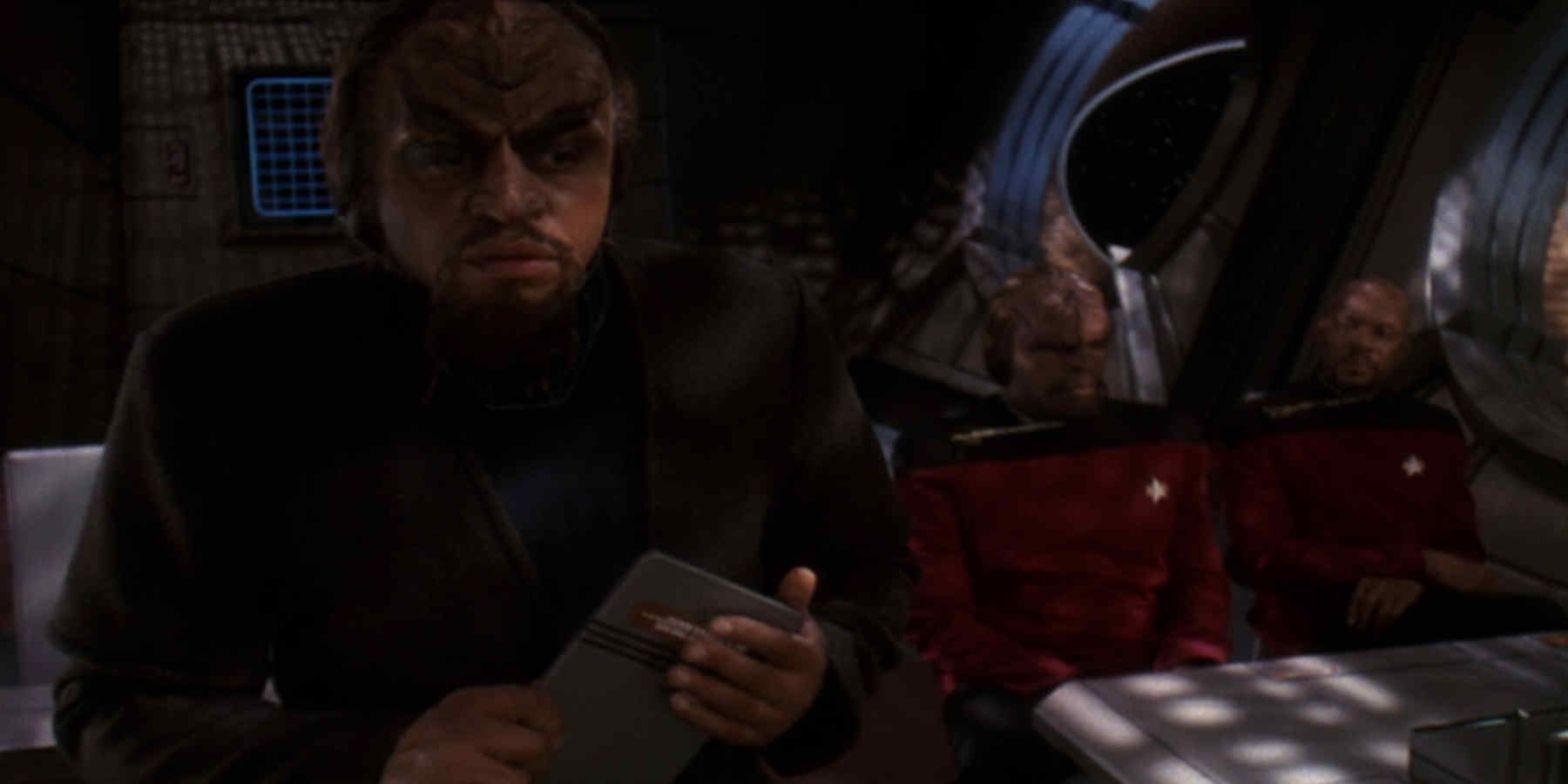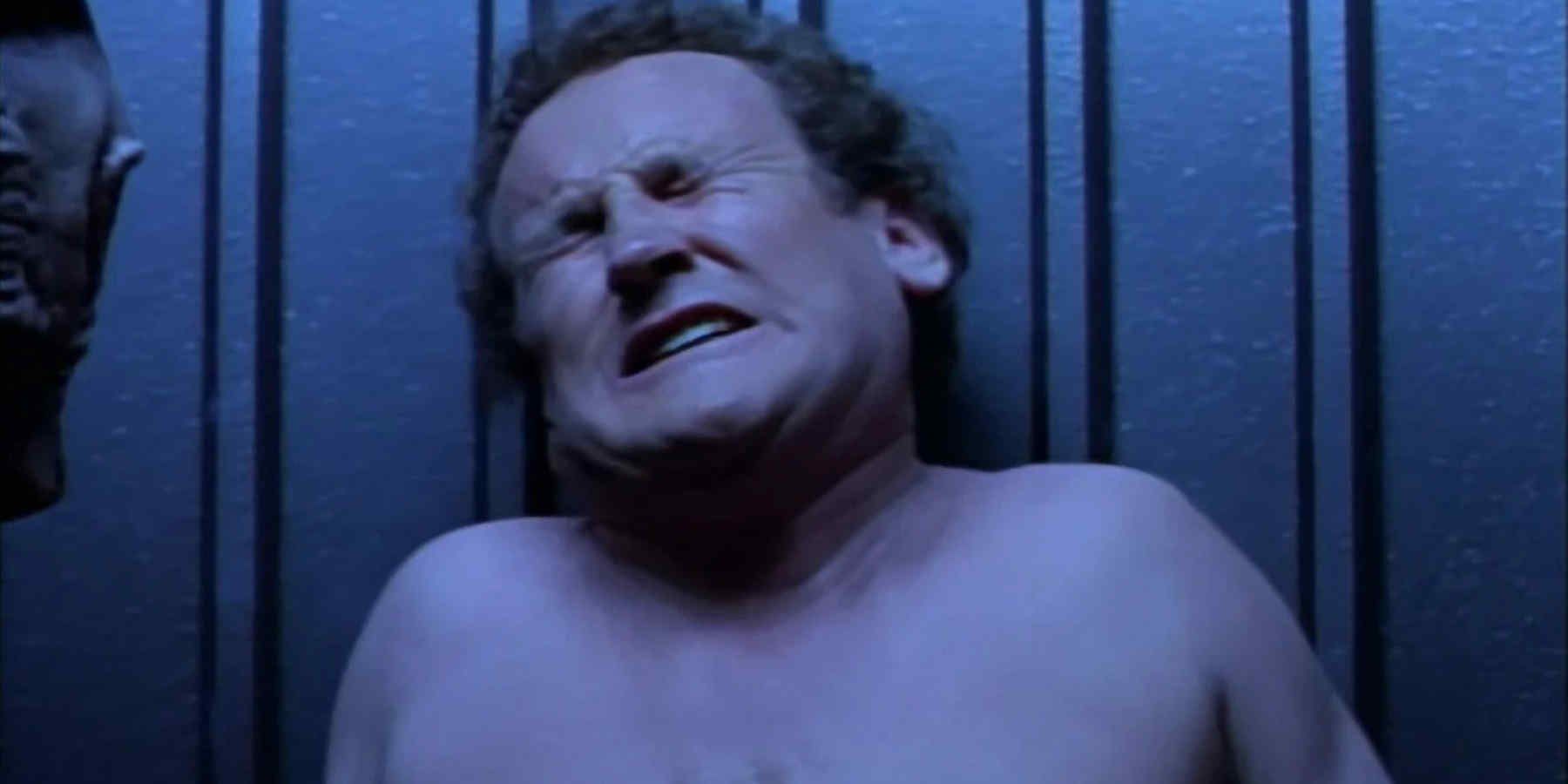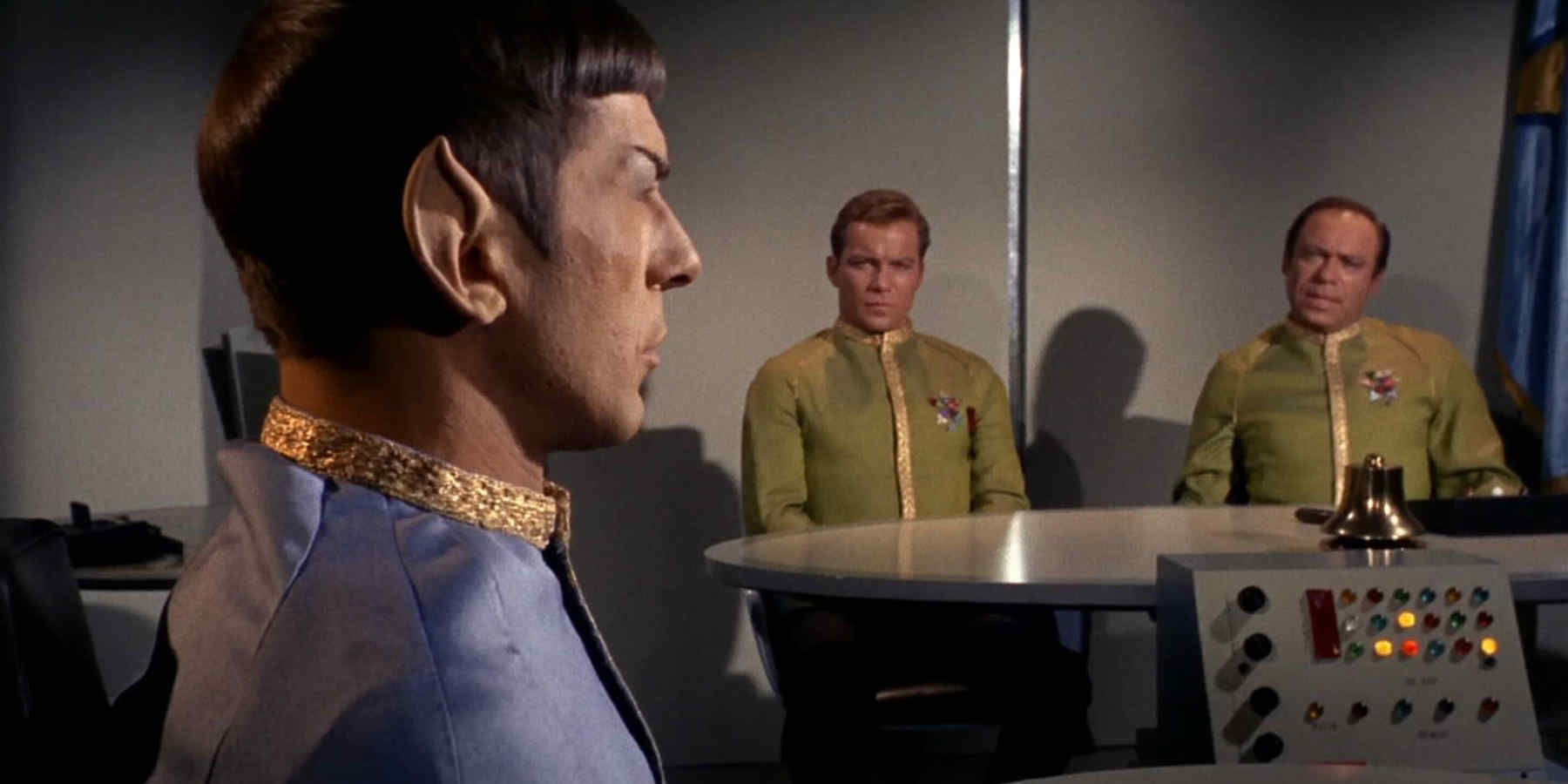While some of the most popular Star Trek episodes happened in a courtroom, Deep Space Nine was especially skilled at bringing the thrill of legal drama into space and keeping fans engaged. The franchise first realized it was sitting on a goldmine of storytelling in the first season of The Original Series. First Officer Spock (Leonard Nimoy) went on trial after going rogue and stealing the Enterprise in Season 1, episodes 1 and 2, “The Glass Menagerie.” Fans were thrilled to see the unusually defiant Vulcan go against Starfleet protocol. But (plot twist) the court scenes turned out to be an elaborate ploy set up by the big-brained Talosians from the original pilot episode.
Fans didn’t get another peek into Starfleet’s special brand of justice until season 1, episode 20, “Court Martial.” When a crisis on the ship led to a crew member’s death, Captain James T. Kirk (William Shatner) was put on trial. There were witnesses, testimonies, and even an impassioned speech from the victim’s daughter. The Enterprise crew even got to pull out their ‘special event’ uniforms, and only one redshirt was killed in the process. It left fans hungry to see what other riveting court dramas the franchise could bring to life. Years later, Deep Space Nine picked up the baton and tried its own hand at what Star Trek could look like when lady justice got involved.
S1 E8: “Dax”
Star Trek is never afraid to get silly. Characters experience all kinds of hijinks, from time travel to literally anything to do with tribbles. The important thing is that it’s balanced with heavier topics. Deep Space Nine maintained this balance very well. In one episode, the crew was dealing with the return of Q (John de Lancie), and the next, First Officer Jadzia Dax (Terry Farrell) was on trial for murder. Well, technically Curzon (Frank Owen Smith) was on trial as the former host of the Dax symbiont. While it was a little confusing to keep up with, “Dax” brought up an important moral conversation.
What does the legal system look like in Trill society? If a symbiont host commits a crime, should the next host be held responsible? Unfortunately, these questions never came up again. The conversation shifted to whether there was verifiable proof that Jadzia and Curzon were “two entirely separate people.” This conversation rears its ponderous head at various points throughout the series, even when Jadzia eventually becomes Ezri (Nicole de Boer). Dax’s days of fighting court cases might have come to an end, but her journey of shifting relationships and finding herself was just getting started.
S4 E18: “Rules Of Engagement”
Court cases in TV shows are usually dramatic in a way that can feel hamfisted. Yet, something about these legal situations occurring in Deep Space Nine just feels different. In “Rules of Engagement,” Security Officer Worf (Michael Dorn) is put on trial for the accidental slaughter of Klingon civilians during an engagement with two Klingon warships. Ch’Pok (Ron Canada) is the prosecutor representing the Klingon Empire, and he's as over-the-top as anyone on court shows like Law and Order. It made sense, though, because much of his theatrics came from seeing the courtroom as a sort of battlefield.
Ch’Pok told Captain Benjamin Sisko (Avery Brooks) as much when he expressed his enthusiasm for using Starfleet’s legal system against its own officers. Later, it turned out that the ship full of civilians had been empty all along. Once again, a ploy had been set in motion for something bigger than just losing Worf his job, something that could have done significant damage to Starfleet’s relationship with Cardassia. Still, Worf messed up by firing on a ship so quickly when he knew civilians were in the battle zone. Sisko went into Dad mode to both lecture him on his recklessness, and praise him for his potential to learn from his mistakes. It wouldn’t be the last time Worf dodged a major bullet or lost his cool.
S2 E25: “Tribunal”
Chief Engineer Miles O’Brien (Colm Meaney) was one of the show's unluckiest characters. Fans were introduced to him in The Next Generation where he suffered all manner of indignities, like getting stuck in a Jefferies tube full of spiders. Somehow, he maintained his fighting spirit through it all, and (more often than not) came out the other side swinging as one of the Enterprise’s best engineers. Then O’Brien’s tenacious will to survive was truly put to the test when he transferred to Deep Space Nine.
In “Tribunal,” O’Brien is dragged through the Cardassian legal system for a crime he didn’t commit. He is determined guilty before the trial even starts, and is left to fend for himself in a court case that's more a spectacle than an actual pursuit of “swift justice.” It’s kind of like cancel culture, but with far more dire consequences. Despite O’Brien’s bad luck, however, he was surrounded by loyal friends and family that showed up right when he needed them most. While it wasn’t the last catastrophe O’Brien would experience, it wasn’t the last one he’d survive either.
The Fascination Of Starfleet's Courtroom
The legal system in real life isn’t half as fun as it is in Star Trek. No one is in heavy amounts of makeup. None of the conversations revolve around ethical practices on a space station or amid a war with a race of alien beings. It’s quite boring to anyone not actively trying to practice it, and even to them at times it’s about as exciting as watching paint dry. Yet, the way Deep Space Nine approaches its own version of a legal system is riveting. It’s probably all the philosophical conversations these court cases present to viewers.
No wonder the franchise keeps coming back to this format of telling stories even in the new Trek shows. All of these episodes represent something deeper than a character being on the bad side of the law. They spark conversations around moral obligation, pride versus selflessness, and what happens when vacations abroad go awry. It’s less of a question about whether the Star Trek character on trial will win (since they always do), and more about what they might learn along the way.

